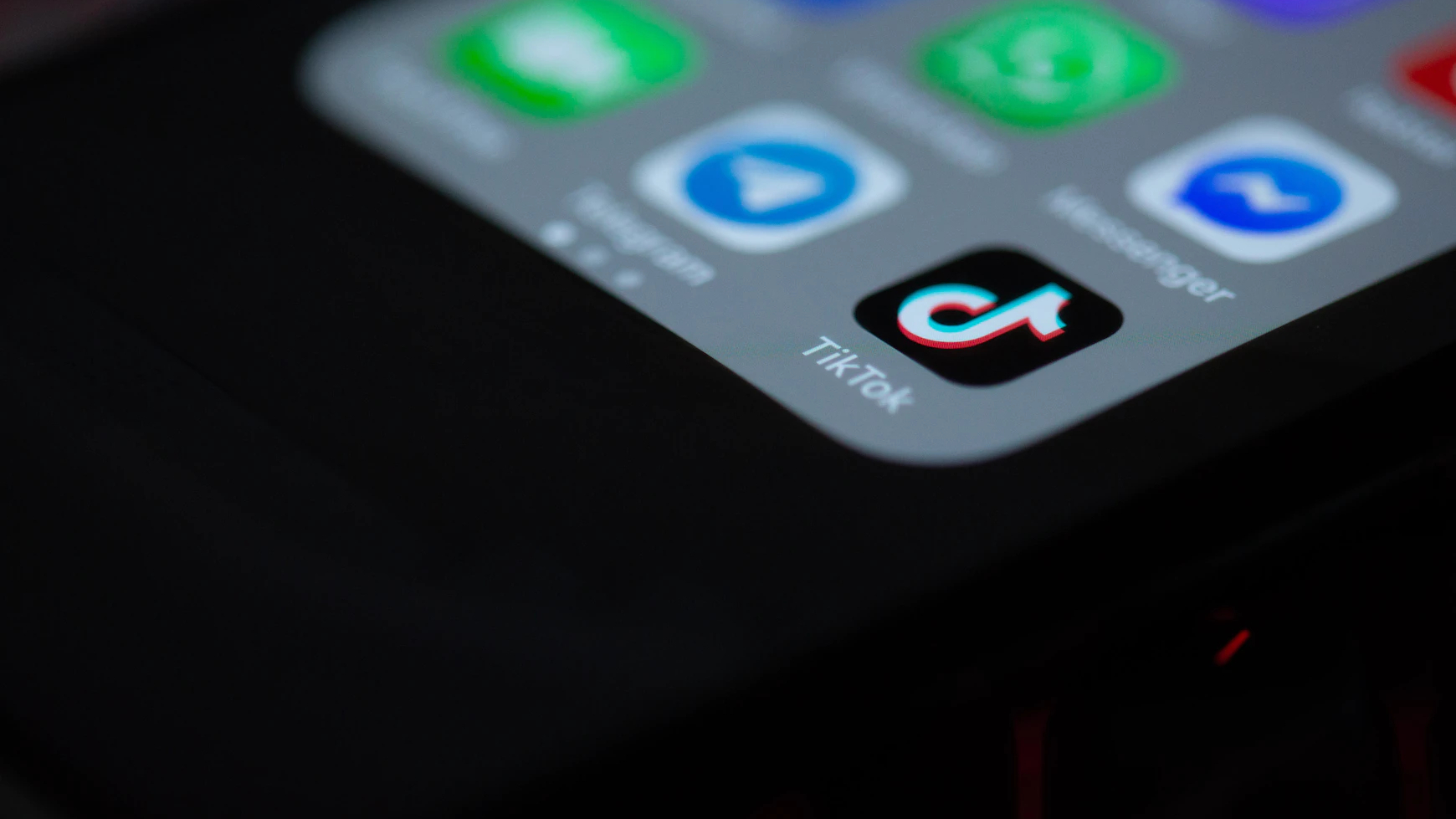TikTok's Congress hearing only proved one thing - politicians know nothing about technology
Why do they even ask these questions?

So TikTok has found itself in the news a lot of late, and none of that news has been for anything good. We've seen countries ban the app from government phones and we even saw the BBC do the same. Now, its CEO has been dragged before a U.S. congressional hearing. And it was all pretty surreal.
Not surreal in a good kind of way, either. TikTok CEO Shou Zi Chew faced hours upon hours of questions about all kinds of things, but little of it was of any real use. TikTok is still TikTok. Nothing's changed.
Will it change? Maybe. At least one politician might now know a little more about how Wi-Fi works.
This keeps happening
Why do politicians keep forcing tech CEOs to come before the US Congress and then insist on asking the kinds of questions that do little more than show they're clueless?
Not necessarily clueless about what they do on the daily. I like to think all politicians regardless of political leaning are good at what they do. But it's when things turn to tech that some of these well-educated people seem to lose all grasp of their faculties.
One example? How about Representative Richard Hudson asking if TikTok used people's home Wi-Fi network? The question was so unexpected that TikTok's CEO seemed confused by it. So Hudson clarified the question.
“If I have the TikTok app on my phone, and my phone is on my home Wi-Fi network, does TikTok have access to that network?” Chew said that yes, if the user was on their home Wi-Fi then sure, it would. Whether that satiated anyone, we'll never know.
Master your iPhone in minutes
iMore offers spot-on advice and guidance from our team of experts, with decades of Apple device experience to lean on. Learn more with iMore!
Maybe Hudson should check out iMore's list of the best Wi-Fi routers around if he's having problems in the future.
A U.S. politician trying to grasp the concept of WiFi. pic.twitter.com/FUEM2jjJkVMarch 24, 2023
There were other instances, too. Georgia's representative, Earl "Buddy" Carter wanted to know whether TikTok was watching his pupils a little too closely. Could TikTok's algorithm use his pupil dilation as a sign that it should put more of the same content into his feed?
Again, Chew seemed perplexed. And rightfully so.
Others accused TikTok of promoting fentanyl while working for the Mexican drug cartels.
Congress and the Biden administration are looking to ban TikTok… by saying they promote fentanyl and work with Mexican cartels. More here: https://t.co/U3veEy9Tyj pic.twitter.com/W78tlZNrYsMarch 23, 2023
Have these people seen the internet before?
There were many more examples of politicians wasting their chance to quiz the CEO of a huge social media platform in front of television cameras. They wanted to grandstand and showboat, rarely managing to ask pertinent questions that get to the heart of what was supposed to be the concern here — can TikTok be forced to hand data on global users over to the Chinese government?
Turns out, even if it could, all that data will tell it is whether my pupils dilate when watching cat videos and where to get their next fentanyl fix.
TikTok this morning is just full of videos of congress embarrassing themselves asking questions about TikTok. Great work, everybody pic.twitter.com/tKrWX4ijZrMarch 24, 2023
Bigger than TikTok
It isn't just TikTok, either. We've seen high-profile CEOs from other big tech companies put into this position before. A position where they could be truly grilled on what their business models are. How they use the data their customers provide. Whether they promote hate speech, and more.
But instead, we have a room of tech-illiterate politicians asking about Wi-Fi and making claims that are simply outlandish. At one point Chew was asked if TikTok supports genocide!
For the record, he said "no." TikTok does not support genocide.
That's good to know.
The answer
Ultimately, the only real way we can ever expect to get any useful answers out of tech CEOs and people like them is to have subject matter experts ask the questions in the first place. People who know what they're talking about. People who understand not only the questions they ask but what questions they should ask in the first place. Only then can we expect real, usable answers.
And who knows, it'd be a bonus if they could not make themselves look silly in the process, too.

Oliver Haslam has written about Apple and the wider technology business for more than a decade with bylines on How-To Geek, PC Mag, iDownloadBlog, and many more. He has also been published in print for Macworld, including cover stories. At iMore, Oliver is involved in daily news coverage and, not being short of opinions, has been known to 'explain' those thoughts in more detail, too. Having grown up using PCs and spending far too much money on graphics card and flashy RAM, Oliver switched to the Mac with a G5 iMac and hasn't looked back. Since then he's seen the growth of the smartphone world, backed by iPhone, and new product categories come and go. Current expertise includes iOS, macOS, streaming services, and pretty much anything that has a battery or plugs into a wall. Oliver also covers mobile gaming for iMore, with Apple Arcade a particular focus. He's been gaming since the Atari 2600 days and still struggles to comprehend the fact he can play console quality titles on his pocket computer.
